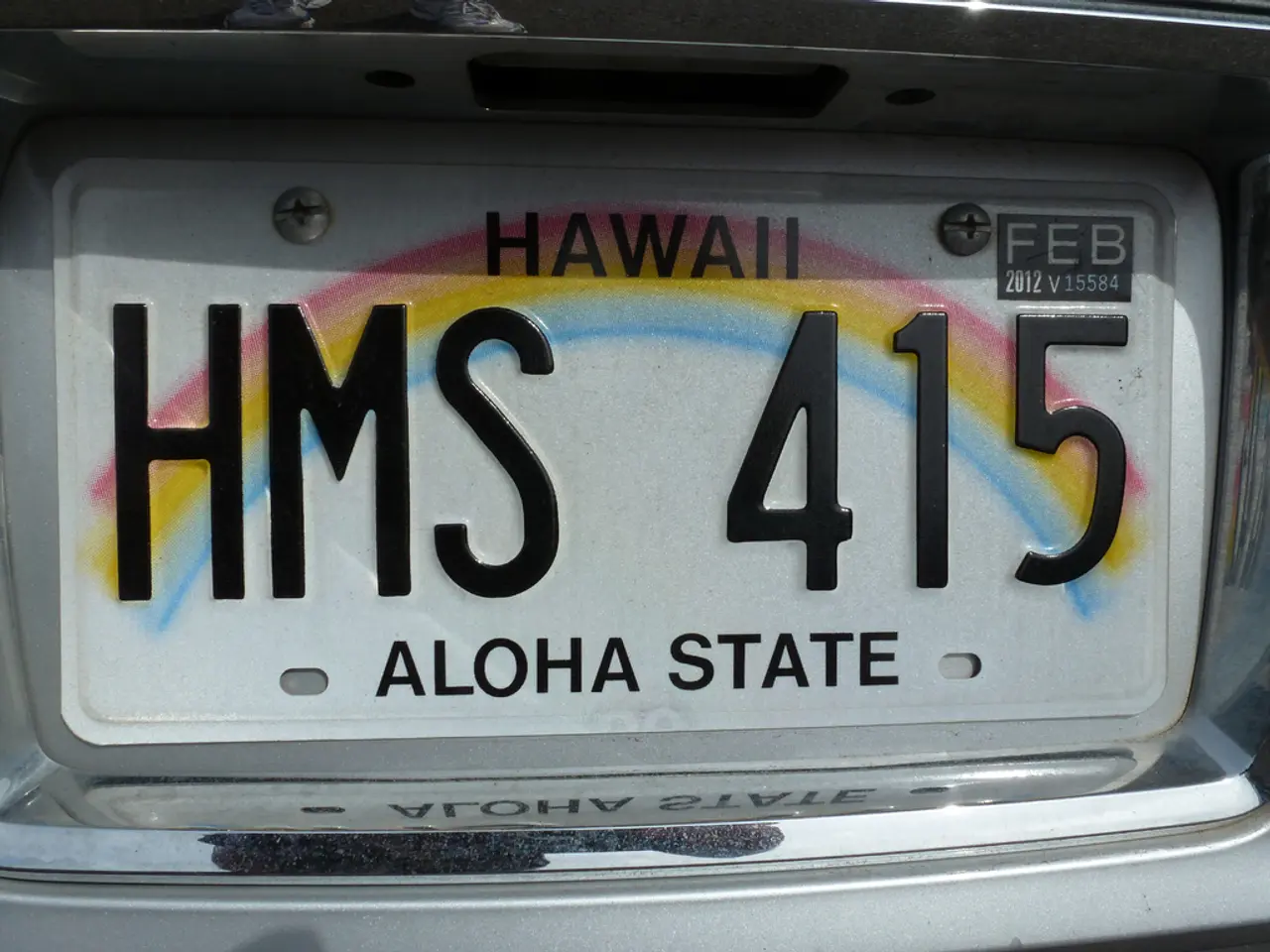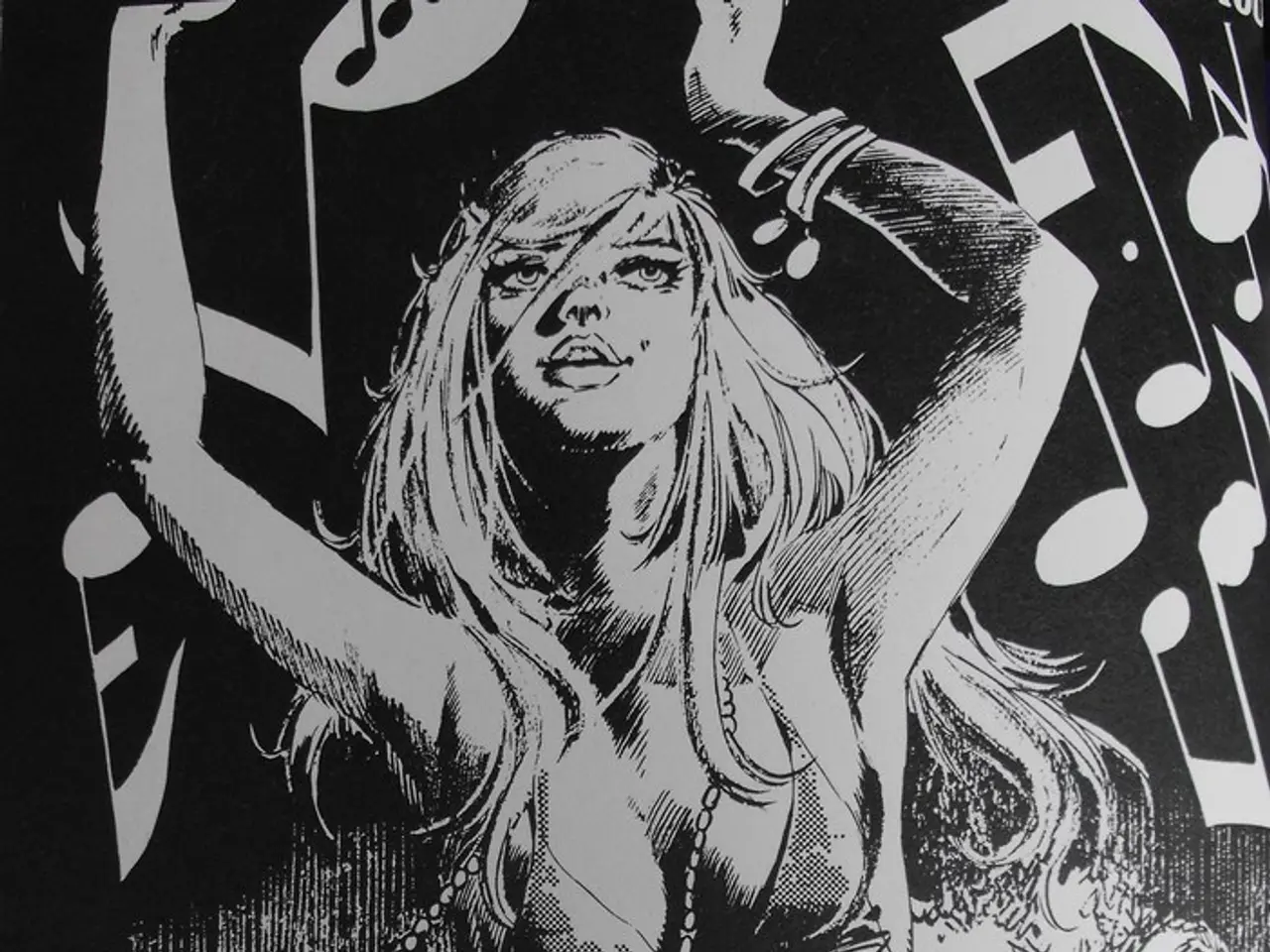Is the portrayal of the War Chief in reality authentic?
In the world of historical dramas, Apple TV+'s new show "Chief of War" stands out for its commitment to accuracy and authenticity. The series, which is highly regarded for its portrayal of the unification of the Hawaiian islands under King Kamehameha, focuses on a pivotal late 18th-century period from the perspective of warrior Kaʻiana.
Based on extensive research and real historical events, the show compresses about 20 years of complex chronology into one narrative, yet maintains the essence of the historical facts, including political dynamics and warfare. What sets "Chief of War" apart is its use of the indigenous ʻOlelo Hawaiʻi language for most of its dialogue, enhancing the authenticity of the narrative.
Key historical elements accurately represented include the role of Kaʻiana, a real Hawaiian noble and warrior who was influential during the island unification period. The series also depicts the conflict and eventual unification of the Hawaiian islands by Kamehameha I, who conquered several islands between the 1780s and 1790s, leading to the formation of the Kingdom of Hawaiʻi by 1810. The influence of early European contact, with Captain James Cook’s arrival in 1778 marking increased outside influence, is also integrated into the historical context.
Native Hawaiian historians and scholars have praised the show for its potential cultural impact and educational value, noting how it contrasts sharply with the limited and often inaccurate portrayals of Hawaiian history in earlier mainstream education.
Kaina Makua, who plays King Kamehameha in the show, is a fluent 'Olelo Hawai'i speaker and a former Hawaiian language teacher. Before joining "Chief of War", Makua focused his career on preserving Hawaiian culture and working as a farmer.
The show is set in the late 18th century and covers the unification of the Hawaiian islands under King Kamehameha. Te Ao o Hinepehinga, who plays Kaʻiana's wife Kupuohi, emphasizes the importance of historical accuracy in the show. Moses Goods, a Native Hawaiian actor, plays Ka'ahumanu's father Moku in the show.
"Chief of War" is going to be a "game changer" according to Native Hawaiian historian Dr. Lilikalā Kame'eleihiwa. The show is already being used to teach history in Hawaiian immersion schools, and Kanaka (Native Hawaiians) are in leadership roles in the production of the series.
Makua, who decided to join "Chief of War" after conversations with his elders, emphasizes the importance of cultural accuracy in the show, stating that while they may not always achieve perfection, they are striving towards it. The show is a true story, based on extensive research and historical facts.
In a world where many perspectives exist, Hawaiians believe that one cannot say that one is right or wrong. However, "Chief of War" represents a faithful dramatization that respects and reflects Hawaiian heritage and history, making it a significant cultural work in representing Hawaiian history.
"Chief of War" is now streaming on Apple TV+.
- The show "Chief of War," streaming on Apple TV+, is being praised for its portrayal of the unification of the Hawaiian islands under King Kamehameha, which is based on extensive research and historical facts.
2.Native Hawaiian historian Dr. Lilikalā Kame'eleihiwa calls "Chief of War" a "game changer" due to its potential cultural impact and educational value, contrasting sharply with earlier limited and inaccurate portrayals of Hawaiian history.
- In the series, the dialogues are primarily in the indigenous ʻOlelo Hawaiʻi language, enhancing the authenticity of the narrative, and the show's cast, including Kaina Makua as King Kamehameha, Te Ao o Hinepehinga as Kaʻiana's wife Kupuohi, and Moses Goods as Ka'ahumanu's father Moku, are all Native Hawaiian actors.
- Kaina Makua, who is both a fluent 'Olelo Hawai'i speaker and a former Hawaiian language teacher, emphasizes that while "Chief of War" may not always achieve perfection, they are striving towards cultural accuracy in the show's portrayal of Hawaiian history and heritage.








